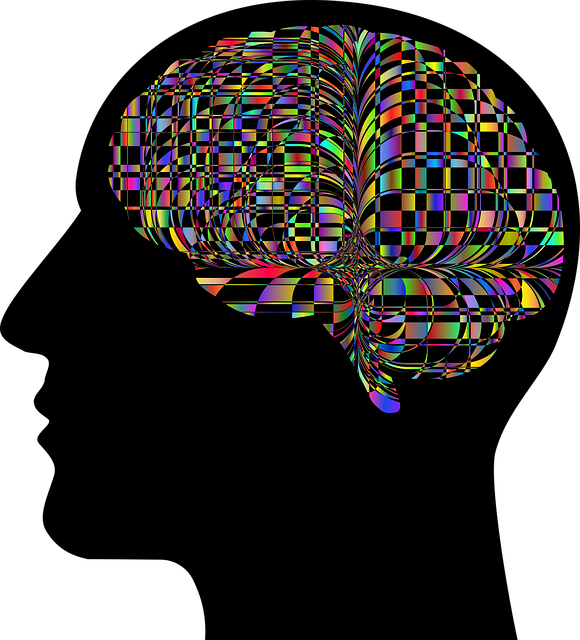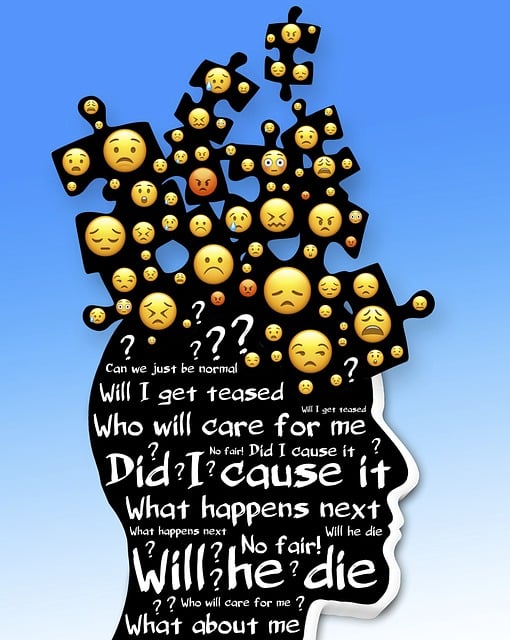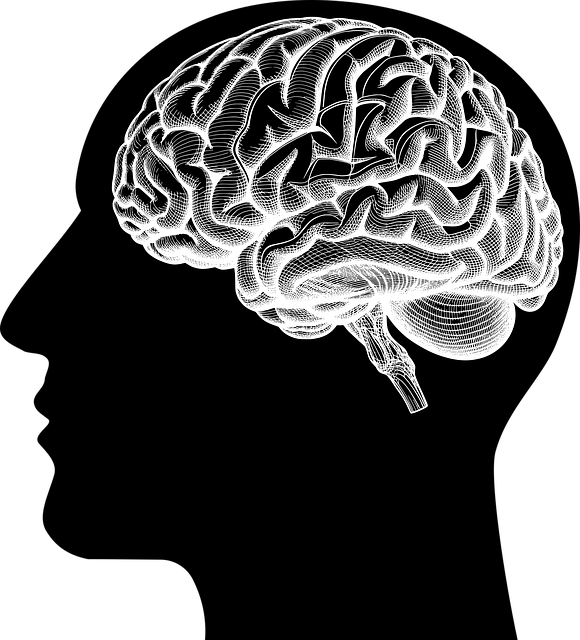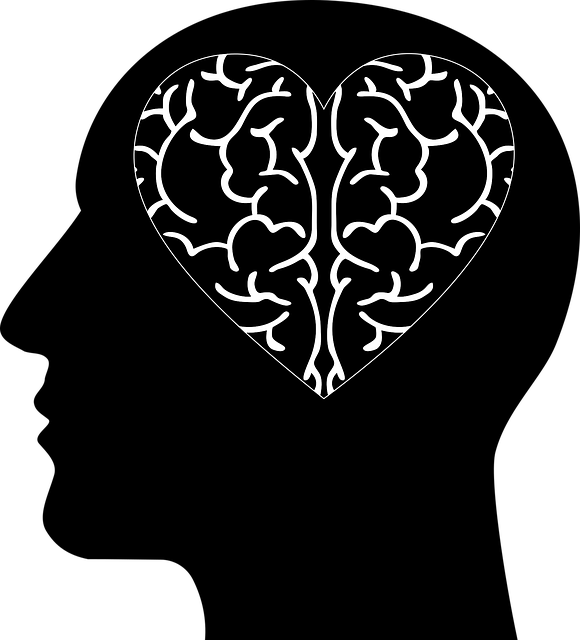Mental health education is crucial for creating supportive communities, schools, and workplaces. Through comprehensive programs like public awareness campaigns, mental wellness podcasts, and trauma support services, we can reduce stigma, encourage open conversations about mental health, and promote early intervention for conditions like Centennial Depression Therapy. These initiatives enhance understanding, reduce barriers to treatment, and improve overall well-being by fostering community bonds, building resilience, and empowering individuals to manage their emotional health. Effective programs integrate Centennial Depression Therapy techniques, reduce stigma through empathy and education, encourage self-care routines, and offer personalized guidance through mental wellness coaching. Segmentation based on age groups ensures relevant content, while measuring impact through subjective reports and quantitative methods demonstrates tangible benefits and guides program adjustments.
Mental health education is a powerful tool in combating the global challenge of depression. This article explores the design of comprehensive programs aimed at enhancing awareness and promoting mental well-being, with a specific focus on Centennial Depression Therapy. We delve into crucial aspects such as debunking stigma, age-appropriate content, and effective program structure. Understanding mental health is the first step towards prevention and managing depression, making these programs a game-changer in today’s digital era. By evaluating their impact, we can ensure their success and reach a wider audience.
- Understanding Mental Health: Debunking Stigma and Promoting Awareness
- The Role of Education in Preventing and Managing Depression
- Designing an Effective Program: Key Components for Success
- Tailoring Content to Different Age Groups and Audiences
- Measuring Impact: Evaluating the Efficacy of Centennial Depression Therapy Programs
Understanding Mental Health: Debunking Stigma and Promoting Awareness

Mental health is a complex and often misunderstood aspect of human life. Educating individuals about mental health conditions, their symptoms, and treatment options is essential in fostering a supportive and inclusive environment. By implementing comprehensive programs, we can effectively debunk stigma associated with mental illness, encourage open conversations, and promote early intervention. This process plays a pivotal role in communities, schools, and workplaces, ensuring that everyone has access to accurate information and feels comfortable seeking Centennial Depression Therapy or other forms of support when needed.
One powerful strategy is through public awareness campaigns development, utilizing various media platforms to reach a diverse audience. These initiatives can include mental wellness podcast series production, offering educational content and personal narratives, as well as trauma support services tailored to address specific concerns. By integrating these approaches, we can significantly enhance public understanding of mental health, reduce barriers to treatment, and ultimately improve overall well-being.
The Role of Education in Preventing and Managing Depression

Mental health education plays a pivotal role in preventing and managing depression, especially within communities where access to therapy like Centennial Depression Therapy may be limited. By integrating Mind Over Matter principles into educational programs, individuals can develop resilience and coping mechanisms that foster emotional well-being. These initiatives aim to promote self-awareness, build confidence, and equip people with the tools needed to navigate mental health challenges proactively.
Communities can significantly benefit from implementing comprehensive outreach programs that address depression head-on. Through these efforts, individuals can learn about recognizing symptoms early on, encouraging open conversations about mental health, and providing accessible resources for support. Such initiatives strengthen community bonds, foster a culture of care, and ultimately empower people to take charge of their mental health, much like a Confidence Boosting strategy would suggest.
Designing an Effective Program: Key Components for Success

Designing an effective mental health education program involves integrating several key components to foster meaningful impact. First and foremost, it’s essential to centenial depression therapy techniques within the curriculum, ensuring participants gain practical skills to manage and prevent depressive episodes. This includes teaching cognitive-behavioural strategies, mindfulness practices, and emotional regulation techniques that have proven effective in treating mental illnesses.
Complementing these therapeutic elements, mental illness stigma reduction efforts should be central to the program design. By promoting understanding, empathy, and accurate information about various mental health conditions, participants can contribute to creating a more supportive and inclusive environment. Additionally, incorporating self-care routine development for better mental health enables individuals to cultivate sustainable practices that support their overall well-being. This may include stress management techniques, physical activity guidance, and healthy lifestyle choices tailored to individual needs. Furthermore, considering mental wellness coaching programs development, participants can benefit from personalized guidance and accountability, fostering long-term engagement with their mental health journey.
Tailoring Content to Different Age Groups and Audiences

When designing a mental health education program, it’s crucial to tailor content for different age groups and audiences. Younger teens might benefit from interactive workshops focused on stress management and emotional regulation skills, while adults could use more in-depth sessions on complex issues like Centennial Depression Therapy. Understanding developmental stages ensures that information is accessible and relevant.
For instance, programs targeting adolescents can incorporate engaging activities and peer discussions to foster open conversations about mental health. In contrast, adult learners may prefer case studies and expert talks, delving into specific techniques for Emotional Well-being Promotion. Additionally, incorporating stories of recovery from trauma (through Public Awareness Campaigns Development) can resonate deeply with older audiences, offering hope and a sense of community.
Measuring Impact: Evaluating the Efficacy of Centennial Depression Therapy Programs

Measuring impact is a crucial aspect of evaluating the effectiveness of Centennial Depression Therapy programs. Beyond subjective reports, quantitative methods such as pre-post assessments and comparative analyses against established mental health benchmarks can provide robust data on treatment efficacy. These evaluations are essential for demonstrating the tangible benefits of therapy sessions, gauging improvements in symptoms related to depression, and identifying areas where adjustments might be needed.
Empathy building strategies and stress management workshops, integral components of these programs, contribute significantly to their overall success. By fostering a supportive environment and equipping individuals with effective coping mechanisms, these initiatives not only enhance the therapeutic experience but also promote burnout prevention within the organization. Such holistic approaches ensure that participants not only receive treatment for their immediate mental health concerns but also develop long-term strategies for stress management.
Mental health education programs, such as Centennial Depression Therapy, play a pivotal role in fostering well-being and reducing stigma. By understanding mental health, educating on prevention, and tailoring content to diverse audiences, we can create impactful initiatives. The key lies in designing comprehensive programs that address the unique needs of different age groups while measuring their effectiveness for optimal results. Through these strategies, we can work towards a more informed and supportive society.









